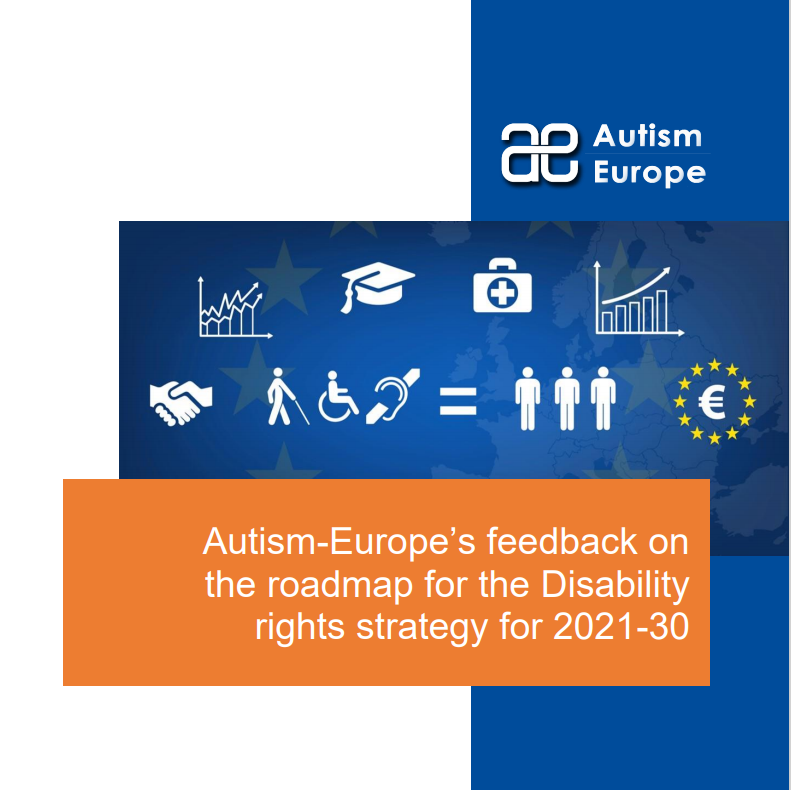
Autism-Europe calls for an ambitious EU disability strategy beyond 2020 that leaves no one behind and takes into account the diversity of disability, support and accessibility needs.
The EU has a leading role to play to facilitate the implementation of the UNCRPD across all EU member states, and beyond. We welcome the fact that the future European disability strategy will aim at supporting the full implementation of the convention at the EU-level and in the member states. To this end, disability rights should be adequately mainstreamed in other key policy instruments, such as the European Pillar of Social Rights or the Child Guarantee, Gender Equality Strategy, the Youth Guarantee and all its funding schemes. The EU should also take concrete action for the adoption of a horizontal antidiscrimination directive protecting people with disabilities from discrimination in all areas of life.
The strategy should have a well-resourced monitoring mechanism, with CPRD focal points in all EU institutions and agencies, and an efficient coordination mechanism within and between the institutions. In order to monitor progress clear benchmarks and indicators are necessary as well as adequate data collection, disaggregated by types of disabilities, gender and age. Persons with disabilities and their representative organisations should be supported to meaningfully participate in the implementation up to the evaluation of the strategy.
In the paper, AE addresses specific areas of action to be considered including:
- Access to education
- Access to employment
- Accessibility
- Diagnosis and disability assessment
- Access to habilitation and healthcare
- Access to individualised support in the community
- Support for families
- Enhance and safeguard legal capacity and access to justice
- Support awareness-raising and understanding
Under each area of action, the challenges that autistic people face relative to that area are addressed and recommendations are provided.